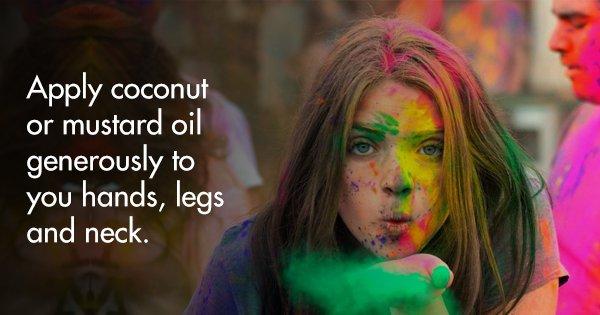Disclaimer: If you, or your loved ones, are suffering from mental health issues, or need someone to talk to, please seek professional help.
Unless you’ve been living in a world without social media, in which case I respect your will power, chances are you’ve either participated in, or been at the receiving end of, ‘influencer culture’.
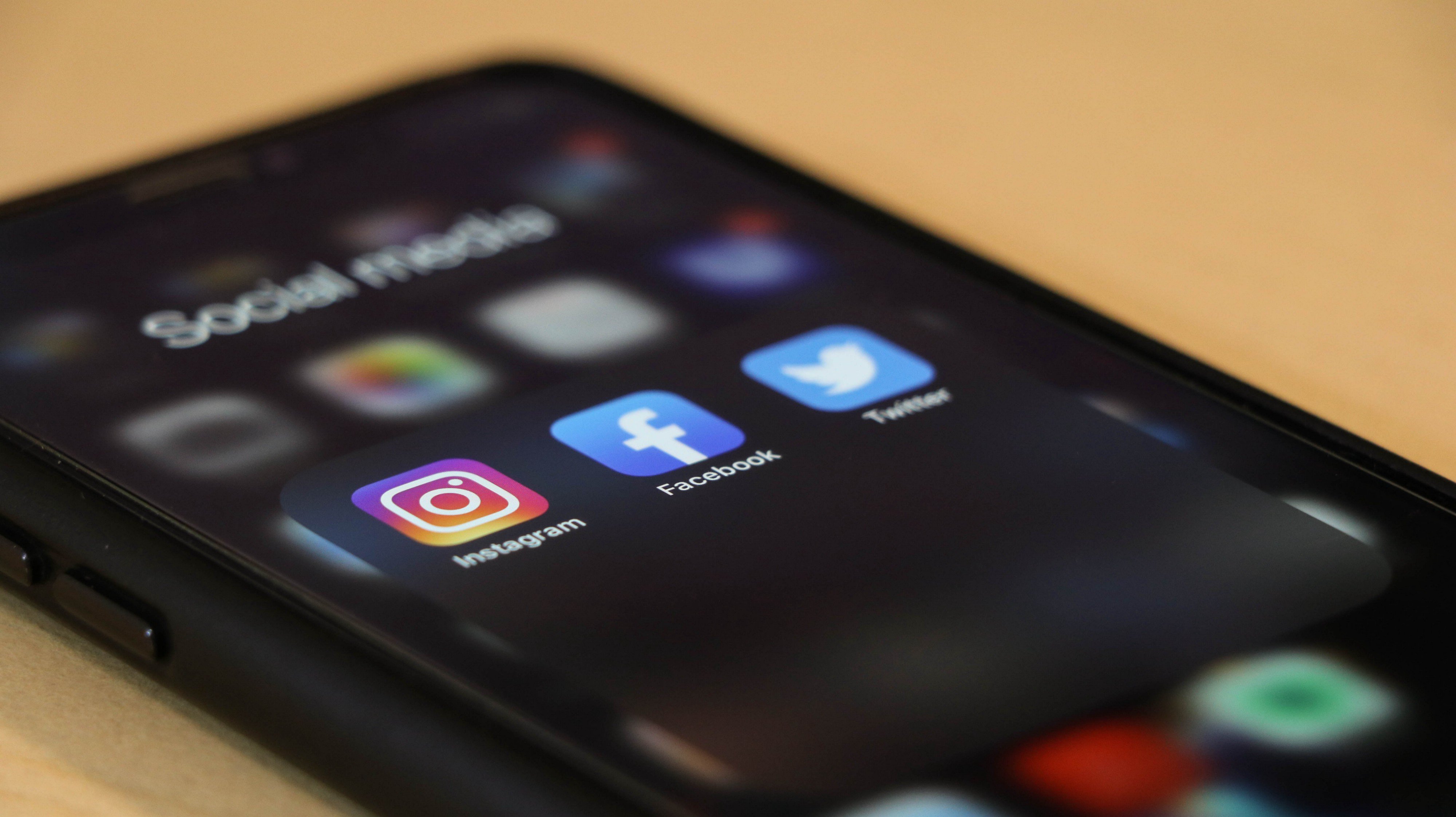
Initially, the influencer culture enabled aspiring artists and performers, across fields, to showcase and capitalize on their talent and/or passion. And people looked up to these influencers, considering them to be more authentic and accessible than ‘mainstream celebrities’.
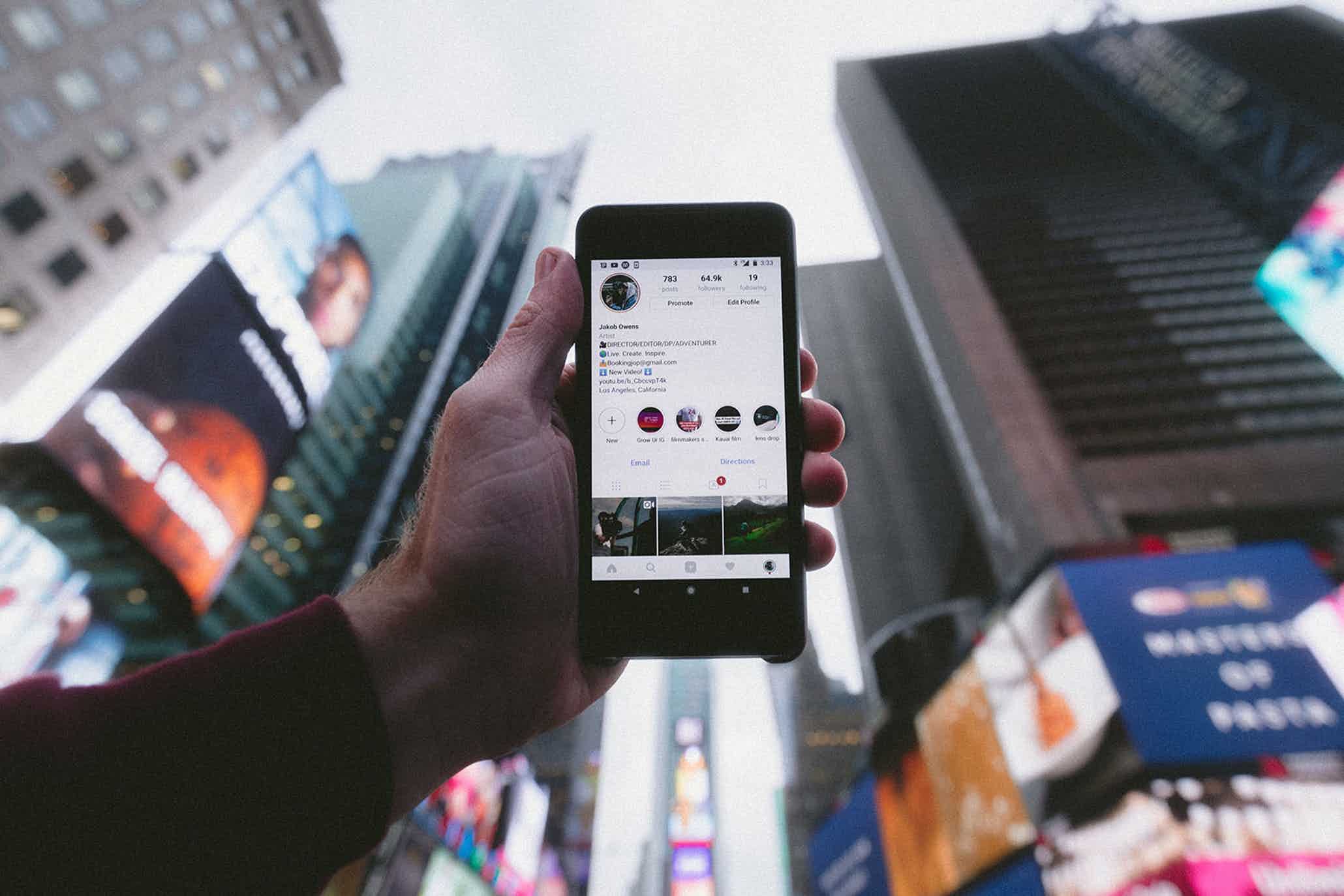
However, in recent years, the influencer culture appears to have bred toxicity, by capitalizing not on ‘talent and passion’, but on people’s insecurities and ‘trending topics’, while preaching about ‘positive vibes’, and ‘happy living’.
It has, to put it simply, become an inauthentic medium that relies on validation in the form of likes, and where paid advertisements can change ideals.
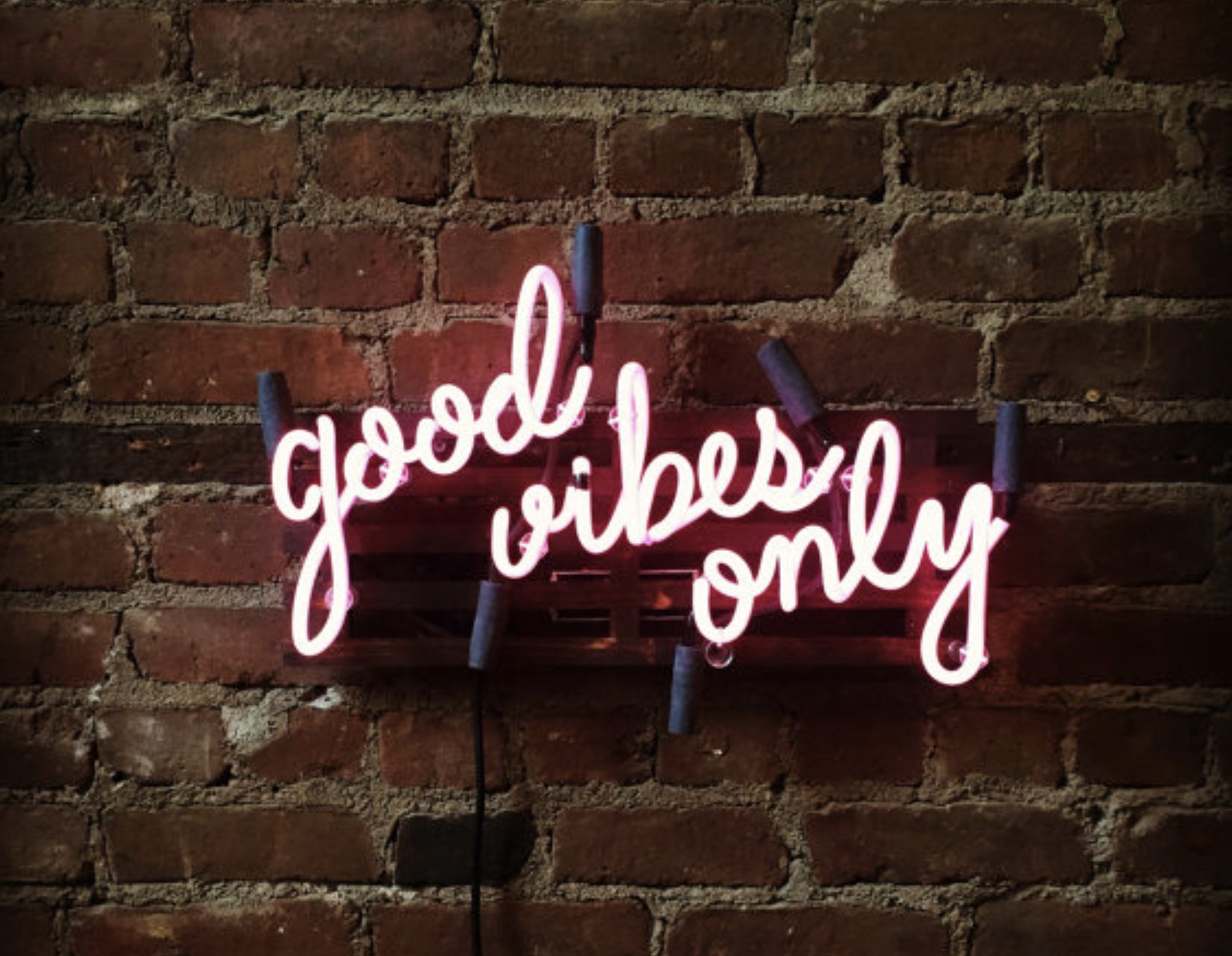
Recently, an Instagram influencer offered therapy and ‘positive vibes’ session for a fee of ₹1,500, the same amount that professional therapists usually charge for a session. However, considering the influencer is not a medical professional, her offer of therapy drew immense flak. Consequently, she took down the post.
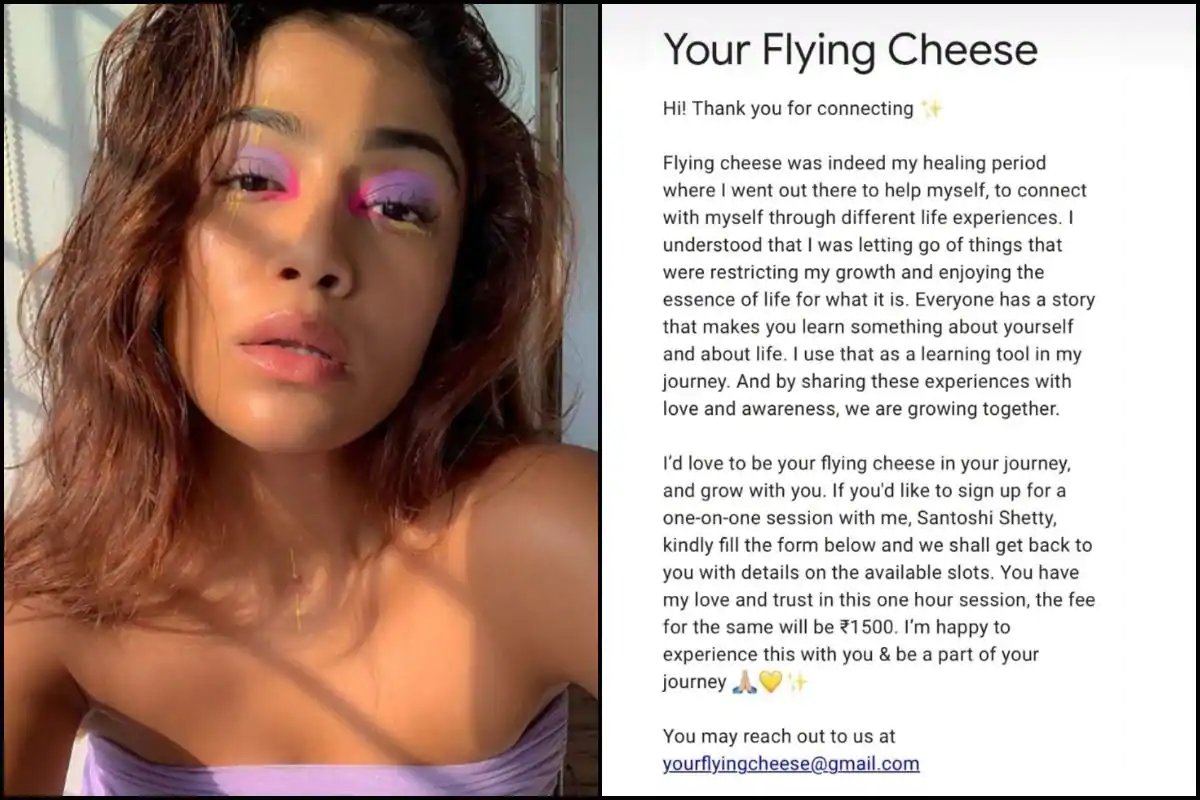
The issue is not of one influencer offering therapy, though that certainly is the tipping point of influencers’ immoral capitalization of trends.
No, the bigger issue is the far-reaching, negative effects of irresponsibly advocating intangible systems of self-help, that do more harm than good.
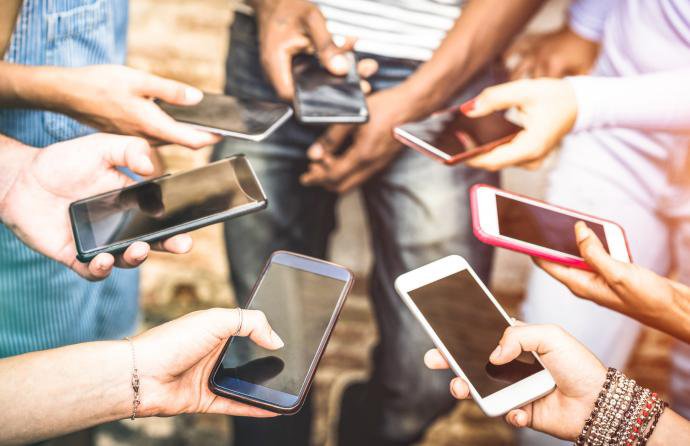
Asking followers to ‘choose happiness’, ‘smile through pain’, ‘be your best self’, or seek ‘positive vibes’, is, for starters, not professional, medical advice.
More importantly, it reduces people’s battles with mental health issues to a simple hashtag, when it has been established, time after time, that for people battling mental health issues, it’s never as easy or simple as just ‘choosing happiness’.
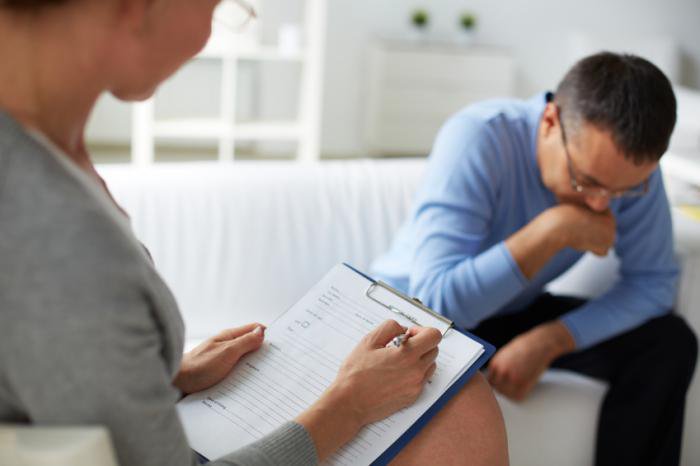
Therapy is more than just asking people to do what ‘feels right’ or ‘lending a helping hand’.
Therapy is a medical treatment through which a trained, learned medical professionals attempt to understand the root cause of a patient’s mental health issues, and accordingly chart a tangible course of recovery.
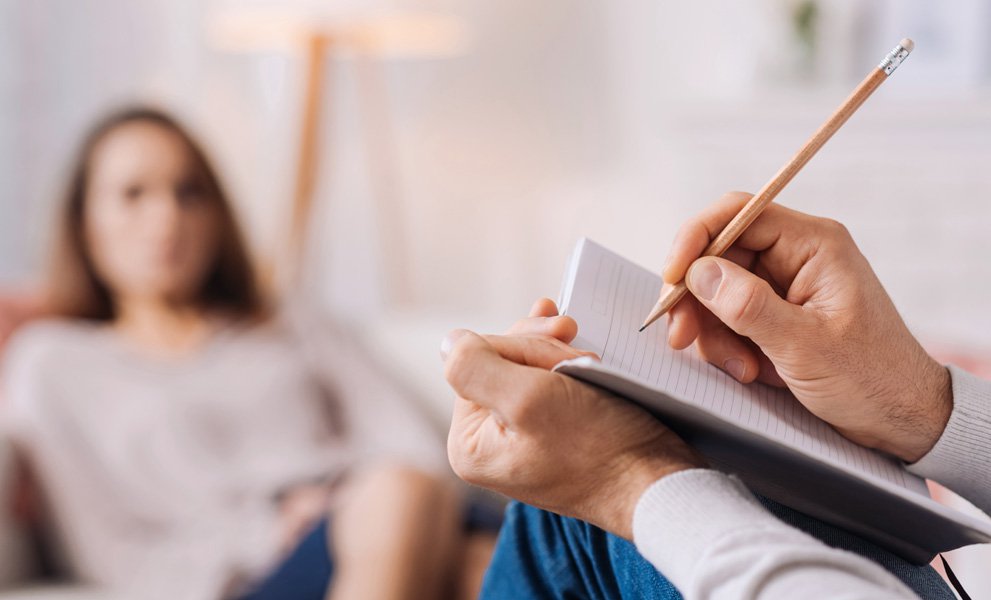
To ask a person who is battling with mental health issues to seek positive vibes is akin to asking a person suffering from typhoid to meditate and bring down the fever.
It is unfounded, superfluous advice, that is definitely not helping the person. And, in the worst-case scenario, may actually exacerbate a person’s condition.
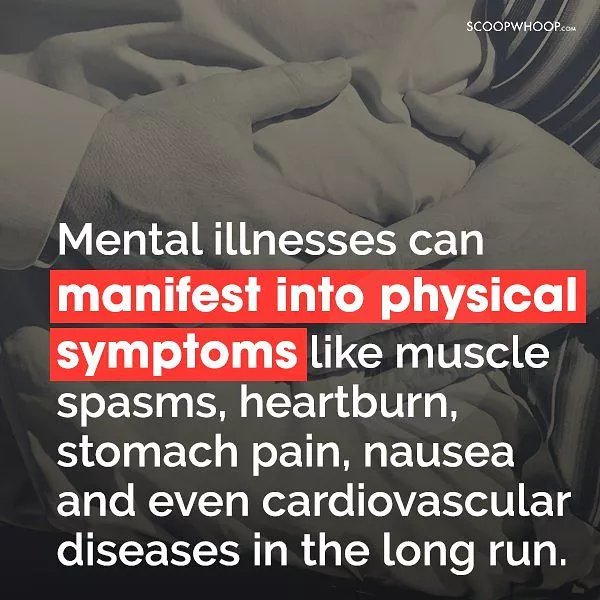
For social media users, it is important to not blindly follow everything that an influencer and/or celebrity is advocating.
It is of utmost importance to know the difference between liking someone’s content and following their advice blindly. Whether it’s a physical workout routine or a mental health exercise, seeking professional help is important.
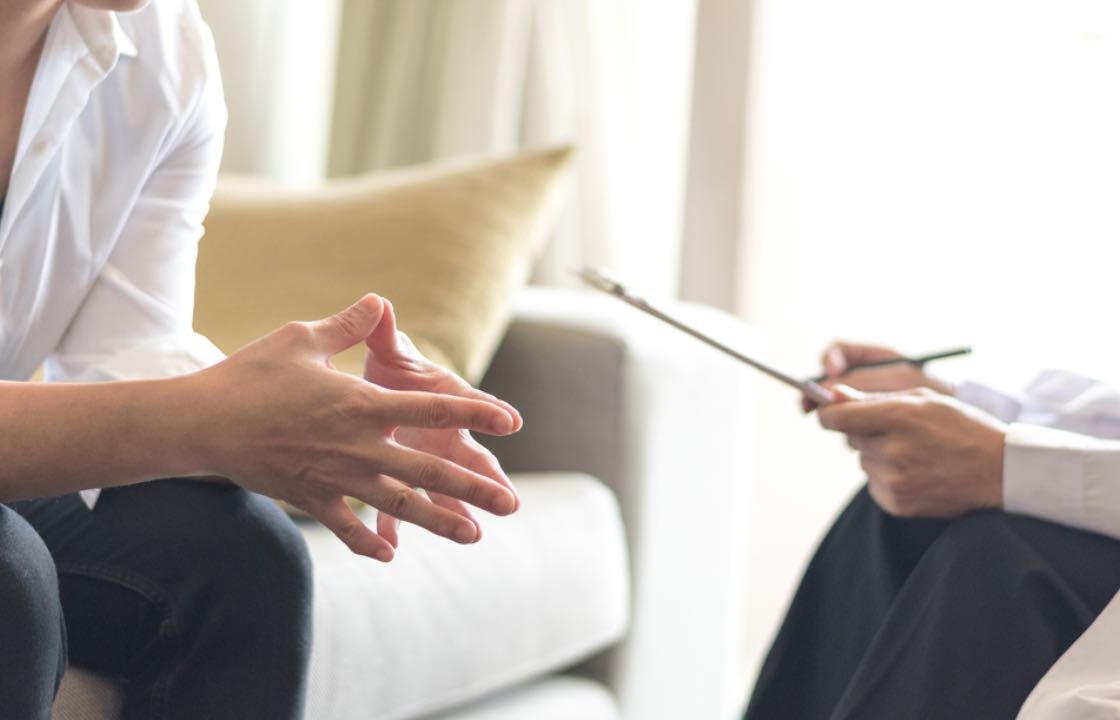
However, it is also necessary for influencers with a massive fan following to be especially careful of the message they are sending on social media platforms.
Because influencers have a responsibility towards the young minds that look up to them and take cues about life from their actions. And social media continues to be a world with little to no accountability.
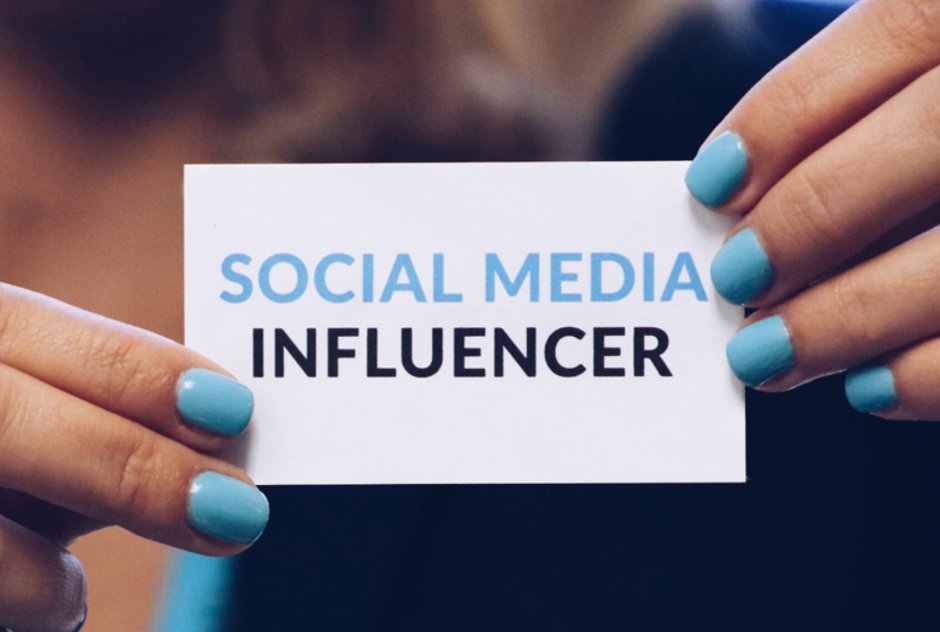
Empty promises delivered with sweet words written in fancy fonts are helping no one. Thus, it’s better to refrain from telling fans ‘you’ll be there for them’, or all that is needed for a good life is to seek ‘inner happiness’ when you know the reality is far different.
Asking people to constantly seek happy thoughts may lead them to bottle up their real feelings, which could lead to self-harm or emotionally imbalanced behavior.
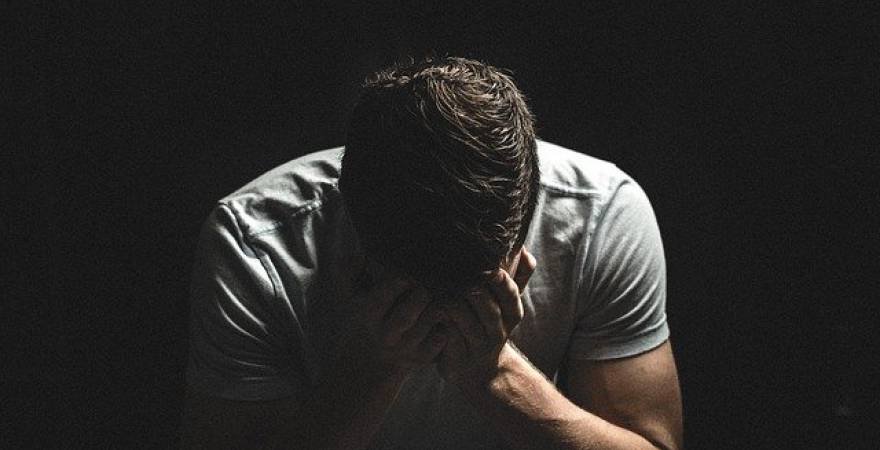
We are not living in a world where it’s realistically possible to single out only ‘positive energies’. We can not simply ‘remove’ negativity from our lives.
And thus, we need to develop tools that help us deal with things not going our way, that teach us how to deal with negative emotions, and enable us to manage triggering events.
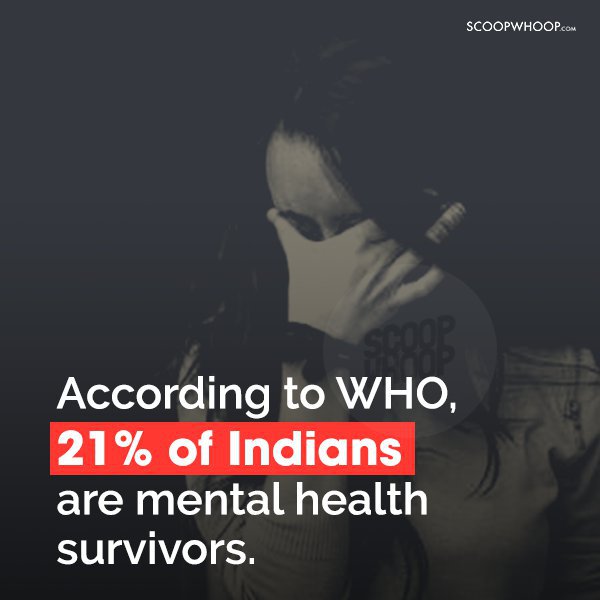
Just like movies and books have an effect on impressionable minds, so do influencers in the age of social media. It is crucial that influencers think before posting content on social media that could negatively impact the mental health of a young follower. And it is important for consumers of social media to remember that an influencer is not a professional.






